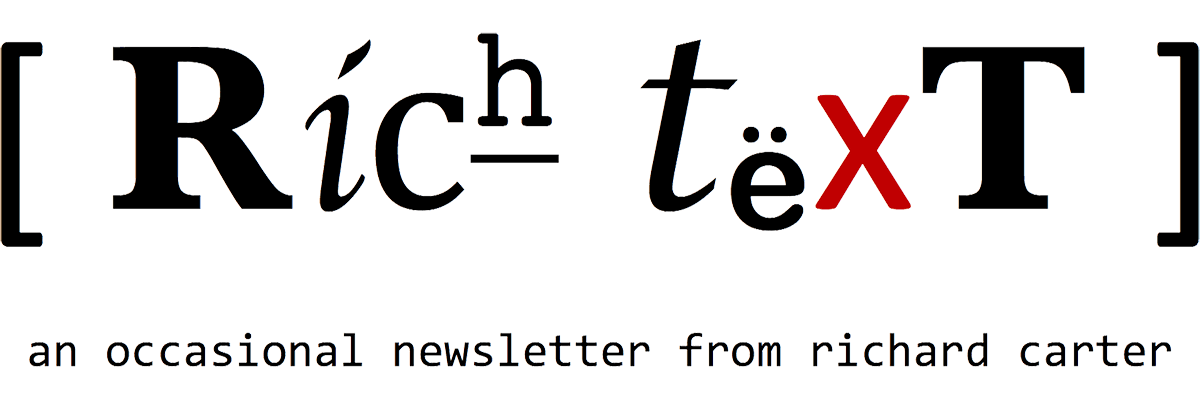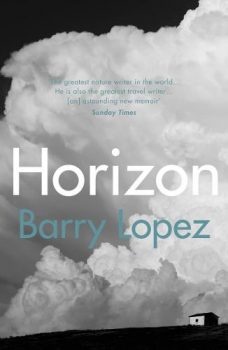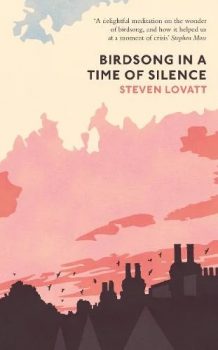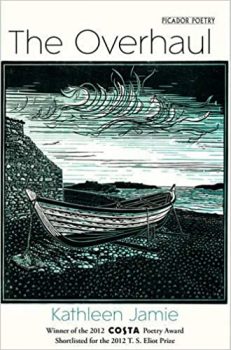
28TH JANUARY 2022
Hello.
One of the dubious delights of writing nonfiction (or factual writing, as I prefer to think of it) is its undefinitiveness. Even if you’ve said everything that needs to be said on a topic, inevitably new facts emerge to make your former thoughts out of date, or, at the very least, in need of modification. The trouble is, if you keep going back to update your old stuff, you’ll run out of time to write new. Writing factual books can sometimes turn into the literary equivalent of painting the Forth Bridge.
Charles Darwin recognised this problem. He was an incorrigible tinkerer, updating On the Origin of Species no less than five times to cite more recent findings, to respond to criticism, and to remove the odd embarrassing passage. As he grew older, Darwin sensibly decided it was time to draw a line under his revisions. Six years before his death, he wrote to his close friend the Harvard botanist Asa Gray:
Lastly many thanks for your letter with the facts about Maurandia: what would I not have given for them when I was preparing the new Edit [of Climbing Plants]; but it is now too late, for I do not suppose I shall ever again touch the book. After much doubt I have resolved to act in this way with all my books for the future; that is to correct them once and never touch them again, so as to use the small quantity of work left in me for new matter.
I’m already starting to feel the same way, Mr D. New facts keep emerging with reckless abandon.
Last week, having worked all day on the latest chapter of my book Through Darwin’s Eyes—a chapter on how genetic variations in organisms occur at random, but how natural selection itself is far from random—I opened up my RSS feed reader for some light relief, and was immediately confronted with the following headline:
Study challenges evolutionary theory that DNA mutations are random
Give me a chance, for Pete’s sake! I haven’t even finished writing the chapter yet!
Fortunately, the new study didn’t require me to make significant changes to my planned chapter—although I did take the opportunity to insert a brief caveat that it’s possible genetic mutations aren’t quite as random as we thought.
I suppose I’d better finish this damn book before some bright spark proves the world really was created in six days after all!
Some stuff I thought worth sharing:
- Selling my hair on eBay
Selected entries from Alan Bennett’s 2021 diary, read by the man himself. The text is also available via the same link. - The Life-breath Songs: the people of Scotland’s nature poem
Scotland’s Makar Kathleen Jamie introduces the People’s Poem project, and curates the three ‘filmpoems’ by artist Alastair Cook based on lines submitted by the public and developed by Jamie. - For a ray of hope in our damaged world, take a train to Epping Forest
An interview with the Head of Conservation at Epping Forest, Jeremy Dagley, who clearly knows his stuff (and with whom I took many a train journey to and from school). - A wild affair: develop a passion for photography and nature
Catching wildlife on film has taken Robin McKie from Shetland to Kazakhstan, but his photograph of a woodpecker in the garden of his London home gave him as big a thrill. - Granta magazine’s most popular essays of 2021.
- My annual video slideshow for 2021.
Recent Reading
And finally…
You might have noticed a slight change of format for this latest newsletter. I’ve tried to simplify things a bit. I hope you approve. But, as always, please feel free to send feedback.
Thanks for letting me into your inbox. With so much else out there clamouring at you, your attention is much appreciated.
Keep safe, and I’ll see you next time.
Richard
richardcarter.com
Places to follow me:
Website: Blog • Newsletter • Reviews • Moor book • Darwin book • RSS
Social: Substack • Bluesky • Mastodon • Instagram




Leave a Reply